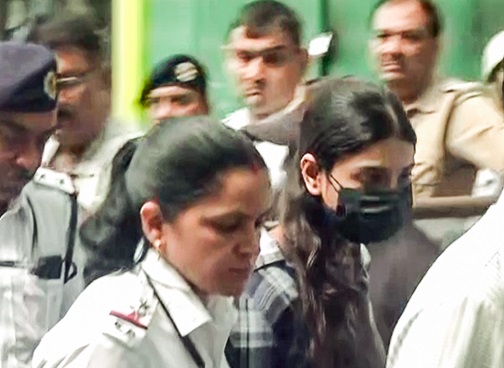
CRPF Man Fights Deportation of Pakistani Wife
In the aftermath of the recent terror attack in Pahalgam, a CRPF constable has moved the Jammu & Kashmir and Ladakh High Court to challenge the deportation of his Pakistani wife. The petition has sparked fresh debate over the rights of cross-border couples amidst India’s tightening security posture.
Munir Ahmed, serving with the Central Reserve Police Force, has filed a writ petition seeking to restrain the Union government from deporting his wife, Minal Khan, a Pakistani national. The plea argues that the deportation directive violates fundamental rights and overlooks the sanctity of their legally recognized marriage.
The High Court has taken cognizance of the petition and issued notices to both the Union of India and the J&K government. Their responses are awaited as the case moves into the next stage of legal scrutiny.
This legal action comes at a time when the Indian government has suspended visa services for Pakistani citizens and begun deporting those residing in India, including women married to Indian nationals. The crackdown follows the gruesome Pahalgam attack that claimed 26 lives and prompted widespread calls for stricter internal security and border control.
Amid these policy shifts, Ahmed’s case sheds light on the human cost of national security decisions. His petition brings into focus the plight of families entangled in cross-border relationships now facing the consequences of deteriorating India-Pakistan relations.
With national sentiments running high, the court’s decision in this case may have far-reaching implications. It could determine not just the fate of Ahmed’s wife, but also influence how India treats the rights of foreign spouses in a climate of heightened security concerns.
The verdict is expected to establish a precedent for future cases involving cross-border marriages, particularly in conflict-sensitive regions like Jammu and Kashmir. As the case unfolds, it will test the judiciary’s approach to balancing national security with individual constitutional rights.


















